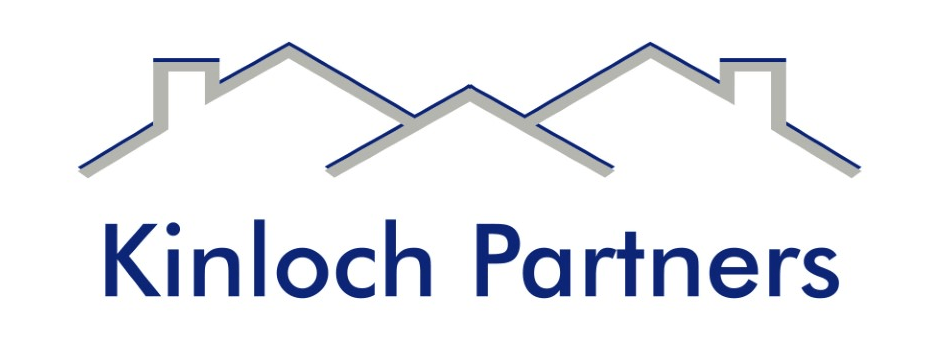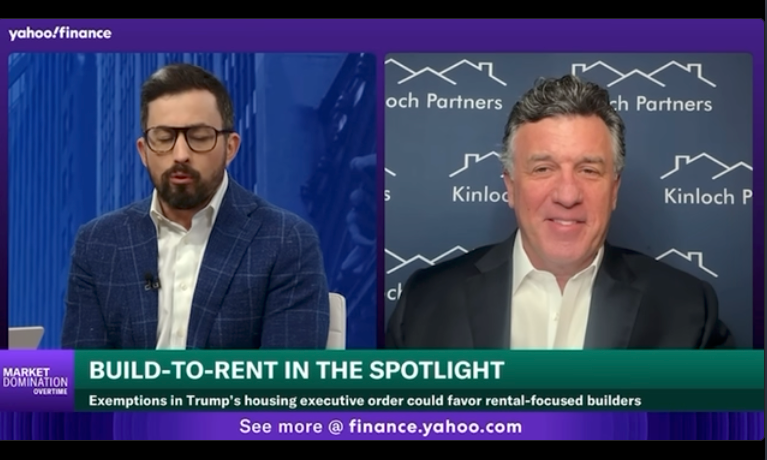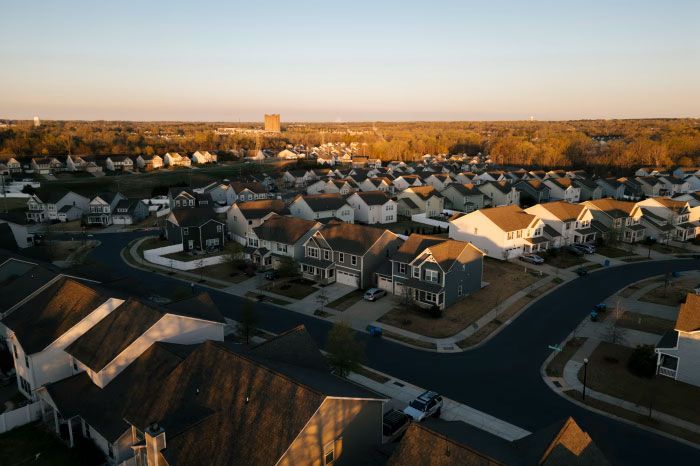Developers Missing the Mark: More Entry-Level Housing Needed to Meet Consumer Demand
Someone once asked legendary bank robber Willie Sutton why he robbed banks.
It was a simple answer.
“Because that’s where the money is.”
I use that line often to explain why I became a real estate developer and a real estate investor. That’s where the money is. If you work hard and make some smart decisions, real estate can provide a very nice living.
But, something occurred to me the other day. Did Willie Sutton only rob large mega-banks? Or did he rob small community banks, too? His profit take was probably higher at the big banks, but wouldn’t he still be successful if he knocked off the occasional little guy, too?
What does this have to do with real estate, you ask? It seems to me too many developers are taking a “big-bank” strategy. Most new housing starts these days seem to fit the McMansion description – a huge house in a suburban development aimed at wealthy customers. And, why not? Bigger houses likely equal bigger profits.
But, there’s a problem brewing.
The average new house price is simply out of reach for the average household and it’s stifling the American dream of homeownership for many Americans.
Consider these stats:
- According to the United States Census Bureau, the average price for a newly constructed home in March 2016 was $356,200.00.
- Median household income in 2016 is $53,657.00, or 15 percent of the average new home price.
- In 1986, the average new-home price was $111,900.00.
- Median household income was $24,887.00, or 22 percent of household income.
Household income simply isn’t keeping up with average new construction prices. And, that’s where developers need to take a little bit different approach. There is significant pent-up demand for single-family housing as the economy improves and interest rates remain low. But, most builders are still aiming for the high end, leaving a vast and underserved market of working-class, middle-class and entry-level buyers.
Even rental properties tend to cater to the high-end customer. In Atlanta, for example, 91 percent of multi-family housing projects were aimed at high-end customers in 2015.
Millenials, the generation between the ages of 18 and 34, now outnumber Baby Boomers (ages 52 to 70) 75.4 million to 74.9 million. Given that Millenials are at the early stages of their careers, their salaries simply don’t match up to average new-home prices.
The real-estate industry needs to wake up to the fact that we are pricing too many people out of the American Dream. We must look for ways to provide more affordable-housing options that cater to young buyers.
This underserved market is a big reason why I am a co-founder of the Solo East Condominium ( www.Soloeastnashville.com ) development in Nashville. It is the type of housing that more developers need to build in the coming years. It’s in an up-and-coming Nashville neighborhood, it’s moderately priced, but includes high-end amenities such as granite counter tops. It works for a lot of people as a rental or entry-level home.
Working Americans – policemen, firemen, teachers – and young and upcoming families need their housing needs met, and it’s up to the entire industry to come up with affordable solutions,” McNeilage said. “Otherwise, the American Dream of homeownership is going to collapse under its own greed.











